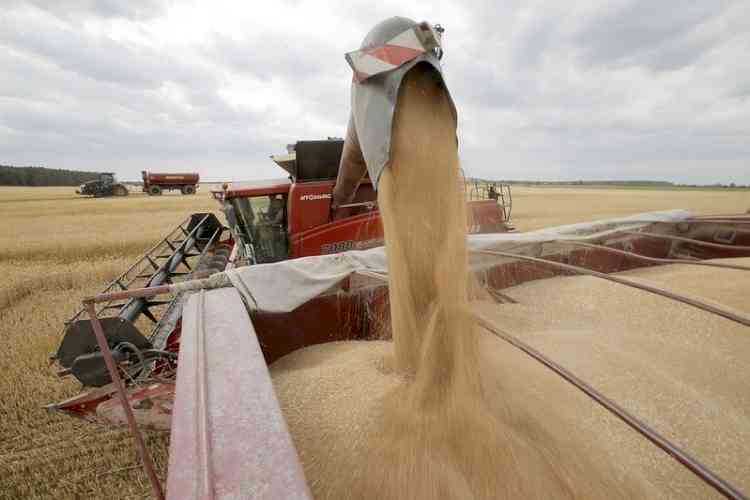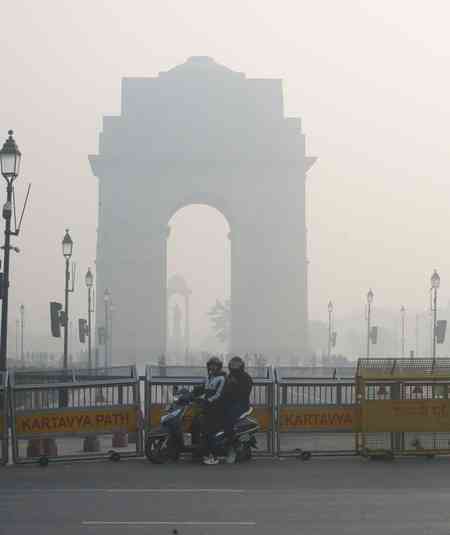Africa warns of food shortage due to Russian blockade of Ukraine's ports
The African Union has warned EU leaders that Moscows blockade of Ukraines ports risks "a catastrophic scenario" of food shortages and price rises, The Guardian reported.

Brussels, May 31 (IANS) The African Union has warned EU leaders that Moscows blockade of Ukraines ports risks "a catastrophic scenario" of food shortages and price rises, The Guardian reported.
Senegal President Macky Sall, who chairs the Union, said "the worst is perhaps ahead of us" if the current global food supply trends continue.
Speaking via video link to the 27 EU leaders' meeting in Brussels, Sall said African countries have been hit hard by the global food crisis, because of their "strong dependence" on Russian and Ukrainian wheat. The situation is "worrying" for a continent that has 282 million people, he said.
"In the immediate future, we would like everything to be done to release available grain stocks and ensure transport and access to the market, to avoid a catastrophic scenario of shortages and generalised high prices," Sall said.
Before the war, African countries imported 44 per cent of their wheat from Ukraine and Russia. Ukraine alone grew enough food for 400 million people.
Russia's blockade of Ukrainian ports is contributing to what analysts have called a "perfect storm" for global food supplies, as farmers face rising oil and fertiliser costs and the lingering effect of Covid-induced labour restrictions. Drought is also threatening to reduce wheat harvests in countries including France, the US and India, The Guardian reported.
The head of the UN World Food Programme, David Beasley, had warned earlier this month that nearly 49 million people in 43 countries were on the edge of famine.
"In many countries, we are forced to make the heartbreaking decision to take food from hungry children to give it to starving children," he said.
Sall said the price of fertiliser is now three times higher than in 2021, while cereal yields in Africa are forecast to be 20-50 per cent lower this year.


 IANS
IANS 











